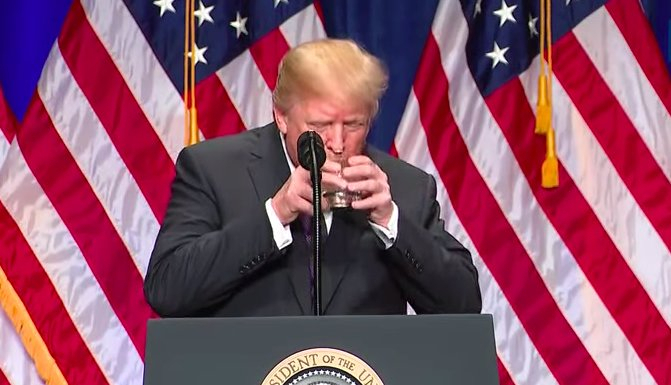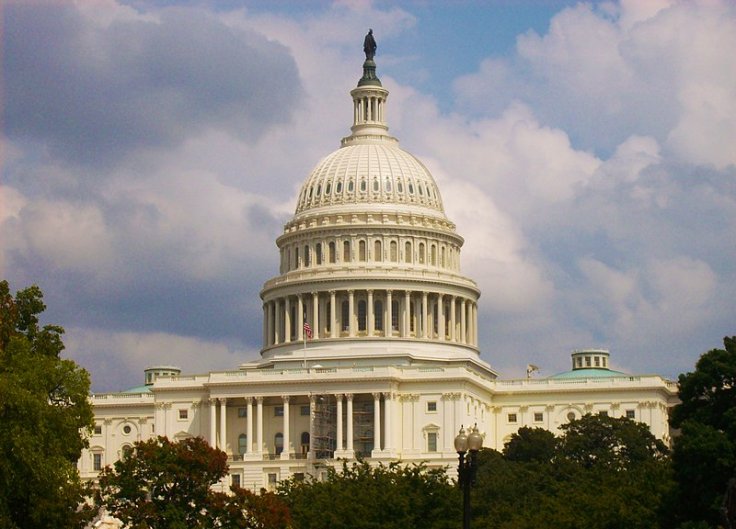The House of Representatives passed the $740 billion National Defense Authorization (NDAA) bill on Tuesday, setting policy for the Pentagon that President Donald Trump has threatened to veto over provisions for removing Confederate names from military bases. The NDAA 2021 will grant a 3 percent pay hike for troops and will require the military to remove names of Confederate soldiers and leaders from military bases.
The National Defense Authorization bill for Fiscal Year 2021 was passed by the Democrat-led House by a vote of 295 to 125. The passage of legislation now paves the way for negotiations with the Republican-led Senate, which Trump will either pass or veto. Also, a host of late amendments related to the Space Force and US space policy found its way into the bill.
Beginning of a Fresh Spat

The passing of the bill will now lead to the Democrat-led House forcing the military to change names of bases and facilities like Fort Bragg and Fort Benning, which honor men who fought against US troops 155 years ago during the Civil War. The Republican-led Senate will debate its version of the NDAA this week.
The agreement between the two chambers on the matter in all likelihood will see some form of the plan to rename bases to exist in the final draft of the legislation, which increases chances of a showdown with Trump, who has been opposing the provisions. A showdown is more likely given that hours prior to the vote, the White House made an official announcement that the President will veto the bill if it requires doing away with names of Confederate generals from US military bases and facilities.
Trump's Multiple Objections

This is just one of the major points that Trump has been threatening to oppose in the new bill. The White House has been opposing several provisions of the NDAA that it believes imposes control over Trump's authority as President, including a limit on the use of funds in war against the Taliban in Afghanistan and deployment of troops. It has a further provision of imposing a limit on the President's ability to use military within the United States under the Insurrection Act to quell domestic unrest.
The passing of the bill comes amid a spate of actions taken by Trump, like the recent deployments of national guard troops during anti-racism demonstrations. The amendment, if it gets passed, will require the President and the defense secretary to first justify to Congress that an American state in question is unable or unwilling to suppress a violent situation before taking any military action in response.
The Trump administration has been facing severe criticism lately for the way it has handled the coronavirus pandemic and the nationwide protests following the death of George Floyd. Recent protests have seen statues and other monuments honoring men who once were slaveholders or fought on the pro-slavery side being toppled and vandalized. The NDAA 2021 is aimed at putting an end to racism that also imposes a limit on the way the President uses military funds and forces to handle any insurrection.








